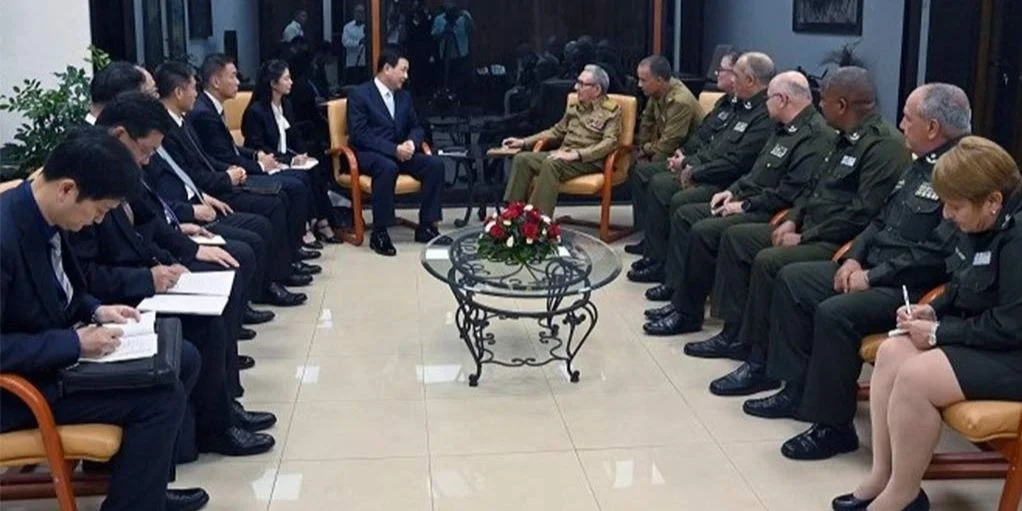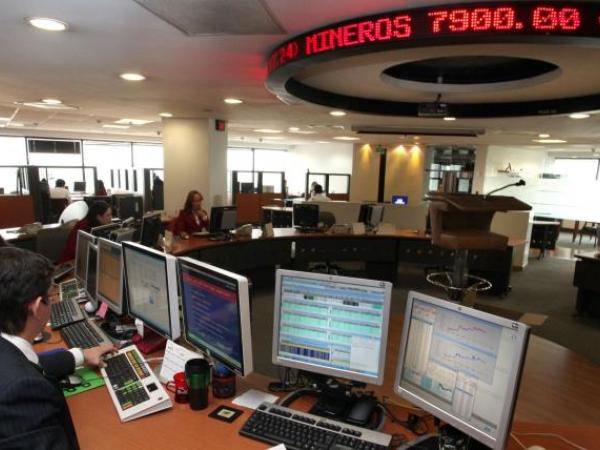MIAMI, United States. – The Minister of Public Security of China, Wang Xiaohong, made an official visit to Havana, where he was received by Raúl Castro and met with the ruler Miguel Díaz-Canel.
During the meeting, Castro thanked Wang for the “timely help” that China has provided to Cuba in the midst of the deep crisis that the island is going through.
For his part, Díaz-Canel expressed his gratitude “in a special way” for the support in the systematic and stable cooperation between the public security ministries of both nations. “In addressing issues that are of mutual interest and to face common challenges, among them the challenges that strengthening cybersecurity imposes on us,” said the president, according to official media reported.
Díaz-Canel also highlighted that the visit of the senior Chinese official is an “expression of support for confronting the policies of cultural, hegemonic colonization and also subversion that the empire exercises on our nations.”
For years, China has been the main provider of technological infrastructure for the development of telecommunications in Cuba, with the support of companies such as Huawei, ZTE and TP-Link. Along with technology, the Cuban regime has imported tools to exercise control and censorship over new communication channels such as mobile phones and the internet.
The Government has sometimes blocked access to digital networks during popular protests, causing internet blackouts on the Island confirmed by international monitoring organizations.
Wang Xiaohong’s visit was preceded in October by that of Li Shulei, member of the Political Bureau and head of the Propaganda Department of the Communist Party of China. In the midst of the collapse of the national electrical system and the impact of Hurricane Oscar in the east of the country, Raúl Castro appeared publicly to receive the senior Chinese official.
The official Cuban press then took the opportunity to reaffirm the importance of creating a “healthy internet environment” and combating “subversive actions.” He also stressed the need for a “strategy to confront the United States’ cold war mentality” as a central axis in strengthening bilateral ties.
Despite announcing several joint projects, relations between Cuba and China are prospering more in the political sphere than in the commercial one. Cuban economist Omar Everleny told Martí News that the economic relationship faces significant obstacles due to the precarious financial situation of the Island.
China has collaborated with the “banking” project in Cuba, inspired by Chinese digital payment systems such as WeChat and Alipay. However, Everleny pointed out that Cuba’s lack of liquidity and financial delinquency have affected collaboration with China. “This non-compliance has affected China’s willingness to grant new credits,” he explained, referring to previous credits for supplies such as Yutong buses and automotive equipment that Havana has not been able to pay within the agreed time frame.
Relations between both countries are not going through their best moment. “They are not dating,” Everleny stated to the Financial Timesarguing that “Cuba is going through a very strong currency crisis and, at the same time, does not want to make the necessary reforms to recover those currencies.”
The rapprochement between China and the Cuban regime has raised the concern of American legislators and politicians, especially after press reports about the development of electronic listening stations linked to China in Cuban territory. Satellite images revealed in July by The Wall Street Journal show progress in the construction of at least four stations located in Bejucal, Wajay, Calabazar and El Salao, in Santiago de Cuba.
However, the island’s regime and the Chinese Government have denied that such espionage bases exist in the largest of the Antilles.














